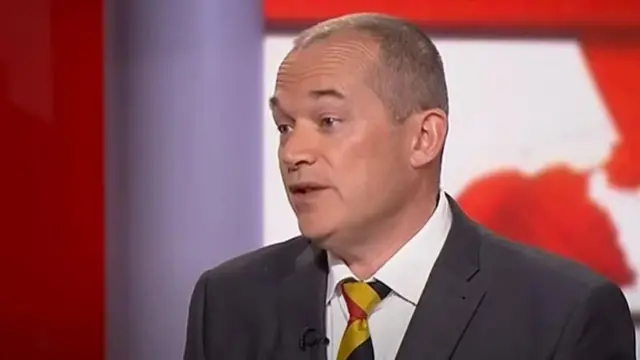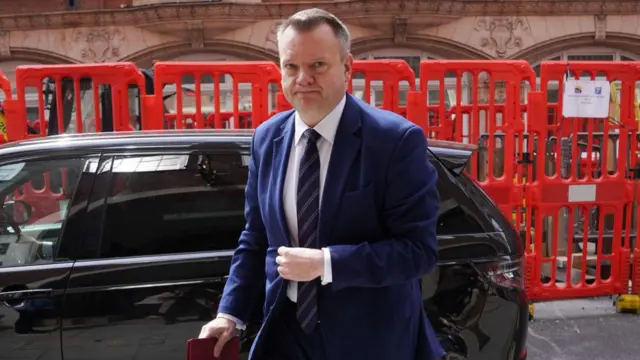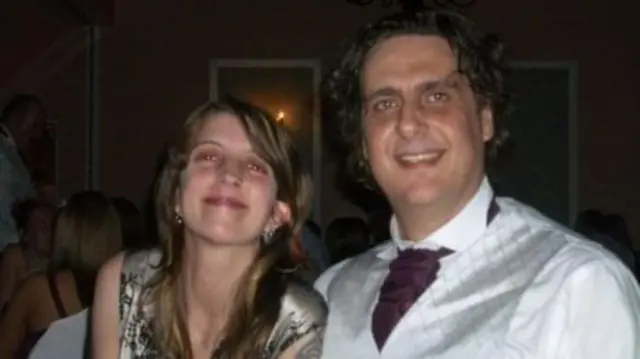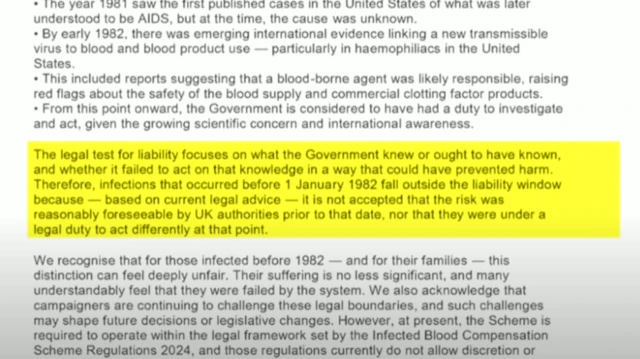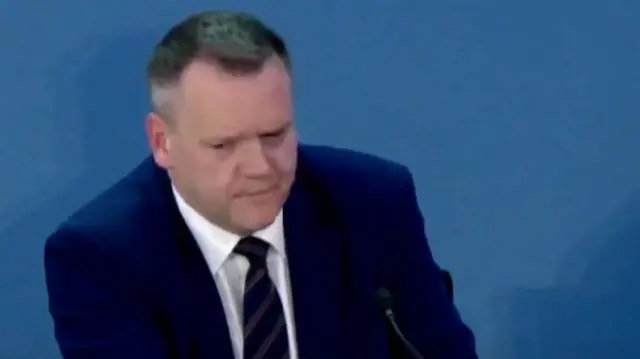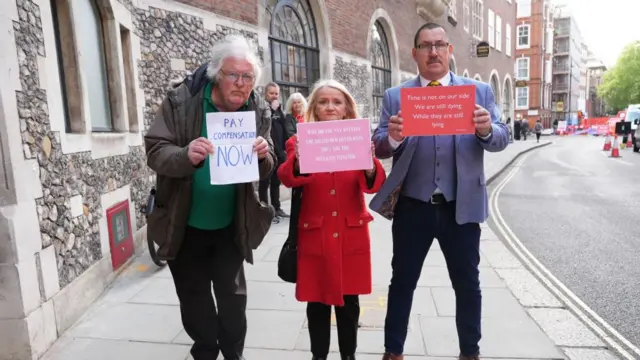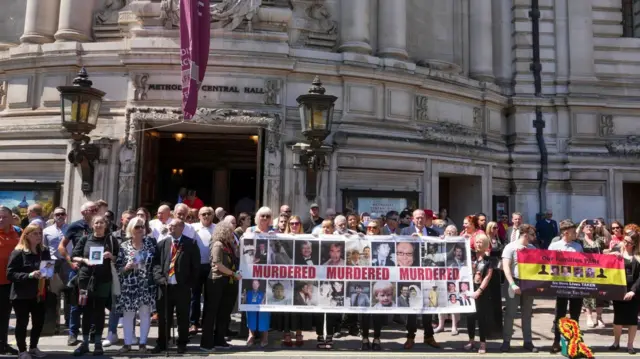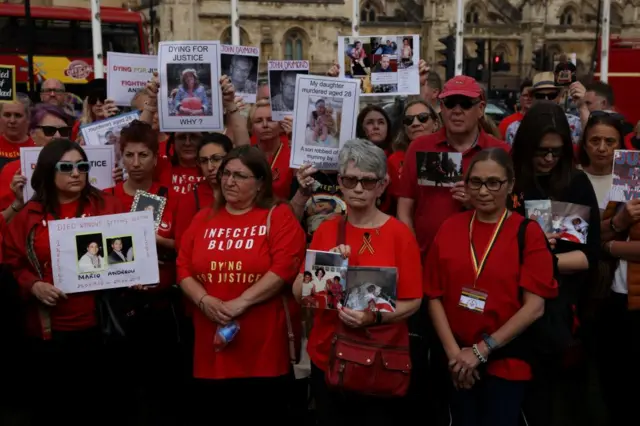'We don't have time on our side,' infected blood victims tell inquirypublished at 17:34 British Summer Time 7 May
 Cachella Smith
Cachella Smith
Reporting from the inquiry
Today's special session of the Infected Blood Inquiry has concluded.
This morning, a panel of campaigners and victims came together to express their deep frustration at the government's compensation scheme - one described it as "disgraceful", another suggested it created a "tier of victimhood".
It comes a year after the inquiry released its final report into the infected blood scandal, which found victims of the scandal had been failed "not once, but repeatedly". More than 30,000 people in the UK were infected with HIV and hepatitis C after being given contaminated blood products in the 1970s and 1980s.
In the special session today, the inquiry heard harrowing testimony, with one person saying their "anguish is beyond words".
Victims called for several changes to be made to the compensation scheme, including for greater parity and transparency. They told the inquiry "we don't have time on our side" amid fears that some will die before they are granted compensation.
Paymaster General Nick Thomas-Symonds apologised again to victims on behalf of the UK, and set out the government's priorities to deliver compensation as speedily as possible - but said he would not make changes that would cause "delay".
A spokesperson previously said the government's "committed" to cooperating with the inquiry.
We're ending our live coverage now, thanks for following along.
